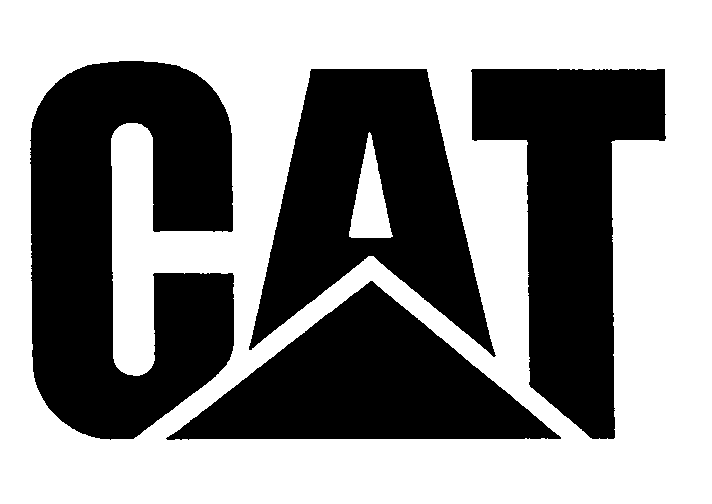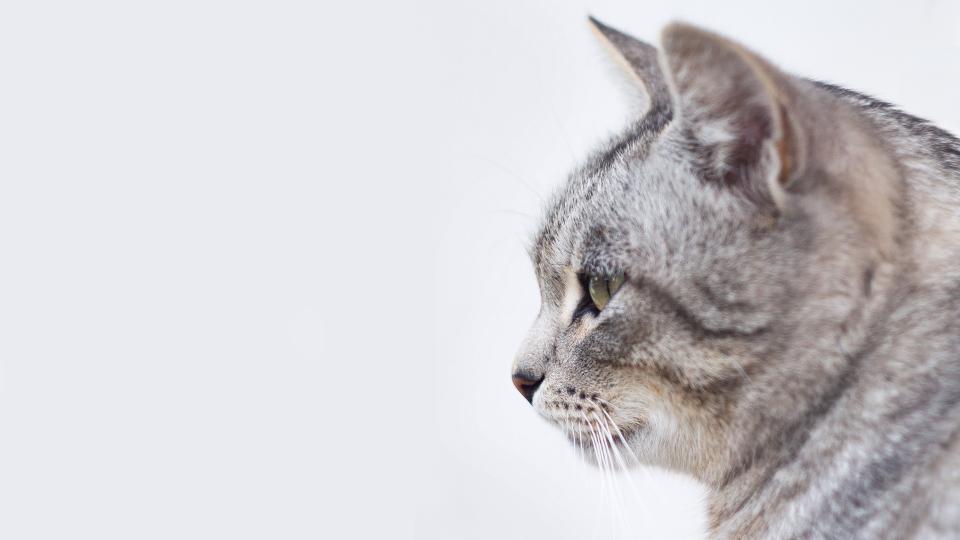Puma SE v. Caterpillar Inc., 2023 FCA 4
In the latest update in Puma SE’s (“Puma”) attempt to trademark the word “procat” in association with footwear and headgear, the Federal Court of Appeal (“FCA”) upheld a decision of the Federal Court (“FC”) refusing to grant Puma’s trademark. Finding no error in the FC’s decision, the FCA confirmed the importance of evidence in trademark opposition proceedings.
Background
In January 2012, Puma filed trademark application number 1558723 for the wordmark “procat” in association with “footwear, namely athletic, sports and causal shoes and boots; headgear, namely hats and caps”. Caterpillar filed an opposition on the basis that “procat” would be confusing and not distinct from Caterpillar’s trademark registration for the CAT & Triangle Design, shown below.

In Canada, a trademark must indicate the owner as the source of the goods, The provision at issue before the Trademarks Opposition Board (“TMOB”) was section 50(1) of the Trademarks Act, which stipulates that the use of a trademark by a licensee is deemed use of the mark by the owner, where the owner has, under licence, direct or indirect control of the character or quality of the licensed goods or services.
As previously reported, the TMOB rejected Caterpillar’s opposition and allowed Puma to register “procat”. In considering whether Caterpillar’s licensees pointed to Caterpillar as the source of the goods, the TMOB found Caterpillar’s licensing arrangements focused on packaging and labelling of goods rather than character and quality, and therefore did not demonstrate the necessary control required by section 50(1). The TMOB also found that consumers would not necessarily form an association between the goods provided by the licensees and Caterpillar.
On appeal at the Federal Court, new evidence filed triggered a de novo review of the TMOB decision. The FC found the new evidence satisfied the requirement of control and overturned the TMOB’s decision. The TMOB had failed to consider all of Caterpillar’s licensing arrangements, and the fact that other licensees sold CAT footwear and headgear proved a lack of distinctiveness of the “procat” mark. The FC judge (the “Judge”) also considered new dictionary definitions for the meaning of the prefix “pro” and concluded that it meant “professional” which lent a “laudatory connotation to procat”. The prefix was found to “have significance in relation to Puma’s goods, shifting the focus of inherent distinctiveness to the more striking feature of the trademark, the suffix ‘cat’”, which further supported the conclusion that “procat” lacked distinctiveness.
Issues
In the present appeal, Puma argued that the Judge erred in conducting the confusion analysis pursuant to subsection 6(5) of the Trademarks Act. Accordingly, the issues addressed were whether the Judge erred in concluding that:
- Inherent distinctiveness and extent to which the parties’ marks are known favours Caterpillar;
- The degree of resemblance favours Caterpillar; and
- The surrounding circumstances do not favour Puma.
Analysis
a) Inherent distinctiveness and the extent to which the parties’ marks are known
Puma argued that the FC judge erred in (a) not finding that the prefix “pro”, even as a suggestive short-form for the word “professional”, made procat distinct, and (b) not finding that “professional” was significant in relation to Puma because of professional athletes using Puma’s goods.
The FCA ruled it was not an error for the Judge to find that a laudatory interpretation of the prefix did little to make “procat” distinctive. Suggestive or laudatory elements or trademarks are generally considered not to aid in distinction. Further, the FCA found that Puma enjoying a benefit of having a connection with professional athletes did not undermine the Judge’s finding that “cat” was the more striking element of the “procat” trademark.
Puma submitted an additional suite of arguments regarding the Judge’s assessment of evidence. They argued that if Caterpillar’s mark was as well-known as was professed, the logical consequence would be for consumers to more easily distinguish the two marks. However, these arguments were all rejected for lack of evidence that the “procat” mark had ever been used in Canada to the extent of acquiring distinctiveness.
b) Degree of resemblance between procat and the CAT & Triangle design marks
Puma argued that the Judge erred in focusing on the word “cat” instead of the distinguishing elements of each mark, resulting in a monopoly over the word to benefit Caterpillar. The FCA cited General Motors to state that although marks consisting of commonly used words are generally deserving of a “smaller ambit of protection” and some risk of confusion is acceptable, there must be some evidence that the word is so commonly used that a consumer would be sensitive to small differences in the mark.
c) Surrounding circumstances
Puma submitted that the Judge should have drawn an inference against Caterpillar based on the lack of evidence of actual confusion. This argument was rejected by the FCA, as subsection 6(5) addresses the likelihood of confusion, not the existence of actual confusion. The burden was on Puma to demonstrate that “cat” was a commonly used term in association with footwear and headgear. Given Puma’s failure to show actual use, the FCA found no error in the decision of the Federal Court.
For the above reasons, the Federal Court of Appeal found no reason to disturb the lower court’s decision and dismissed Puma’s appeal.
Commentary
The FCA affirms the importance of making sure that a licensing arrangement meets the requirement of control in order for a licensee’s use to be deemed use by the owner. This decision also demonstrates how instrumental the introduction of new evidence can be on an appeal. For more information on obtaining a trademark registration or to obtain IP protection for your assets, please contact a trademark professional at PCK Intellectual Property.
PCK IP is one of North America’s leading full-service intellectual property firms with offices in Canada and the United States. The firm represents large multinational companies, scaling mid-size companies, and funded innovative start-up entities. PCK IP professionals include seasoned patent and trademark agents, engineers, scientists, biochemists and IP lawyers having experience across a broad range of industries and technologies. Contact us today.
The contents of this article are provided for general information purposes only and do not constitute legal or other professional advice of any kind.
